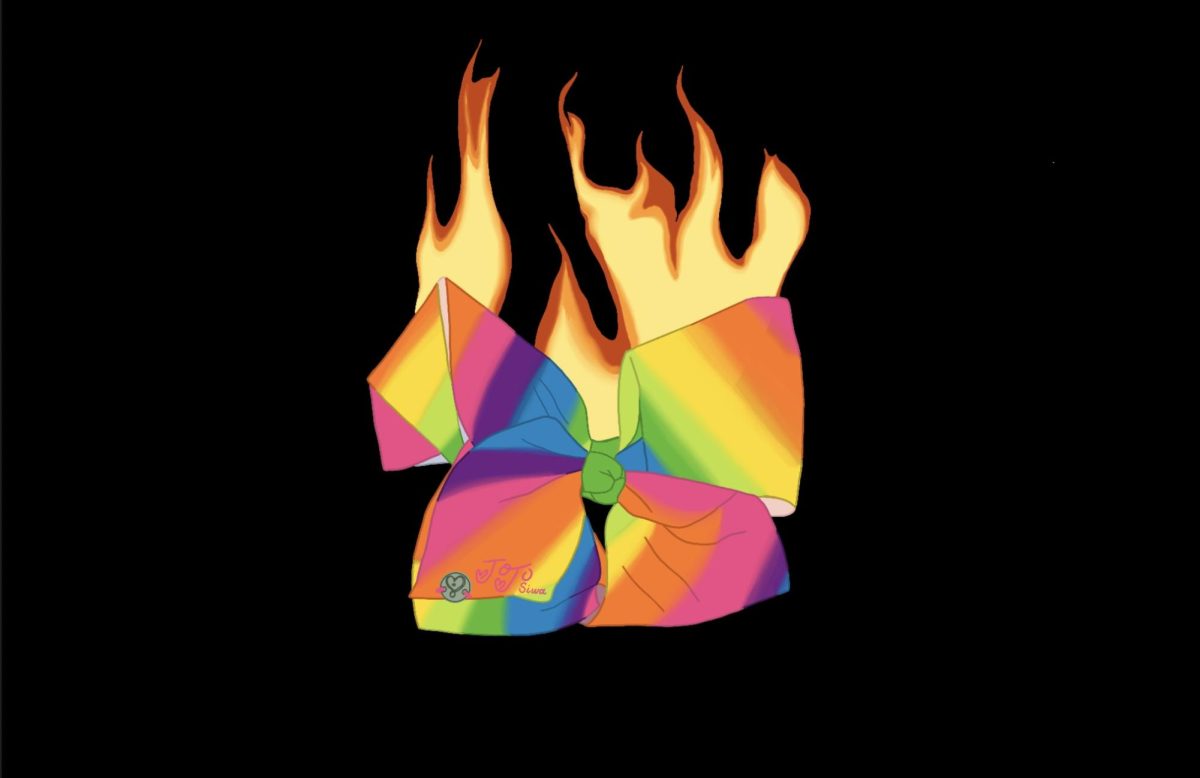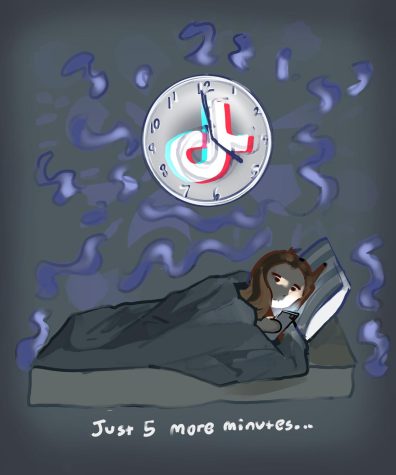Removing your wisdom teeth

Alex Strait, sr., (top left), Cale Hamilton, sr., (top middle), Paige Timmerman, sr., (top right), Lexi Brannaman, sr., (bottom left), Kendal Meier, jr., (bottom middle), Morgan Petsche, sr., (bottom right). Photos provided by pictured people.
Nearly 85 percent of people have their wisdom teeth removed once they’ve erupted between the ages of 17-25.
Cale Hamilton, sr., and Paige Timmerman, sr., had four wisdom teeth removed this year.
“I was really crazy [under anesthesia],” Timmerman said. “My brother played loud music and all I did was dance.”
Hamilton shares a similar scenario towards his reaction to the anesthesia after his surgery.
“It made me feel pretty funny and my mom said I was saying very comical things,” Hamilton said.
Aside from the hilarious stories, pictures and videos of people after surgery, some people wonder why you should even get your wisdom teeth removed. The common explanation dates back to our ancestors who had larger jaws with more teeth, possibly used to help chew and grind tough plant material.
As human diets changed, smaller jaws gradually evolved, yet the third molars or “wisdom teeth” still commonly develop in human mouths. On average most adults have four wisdom teeth, with the exception of the Inuit ethnic group who never develop any.
If one chooses not to remove their wisdom teeth a number of problems are likely to occur as a result of not enough space in your moth causing the movements of other teeth, cavities and oral diseases.
Getting your wisdom teeth out all depends on whether or not your third molars will come above the gums, or if their is intense pain.
Your donation will support the student journalists of Kennedy High School - IA. Your contribution will go towards the purchase of a new lens for our photographers.



































Terrance • Aug 7, 2019 at 1:29 am
Take lots of rest and stay away from hard activities because it can encourage bleeding from the wound. After the tooth extraction procedures, lie down at home and provide your head with pillows. Keep your head brought up while relaxing to keep the wound from bleeding. :- Dental Clinic Near You